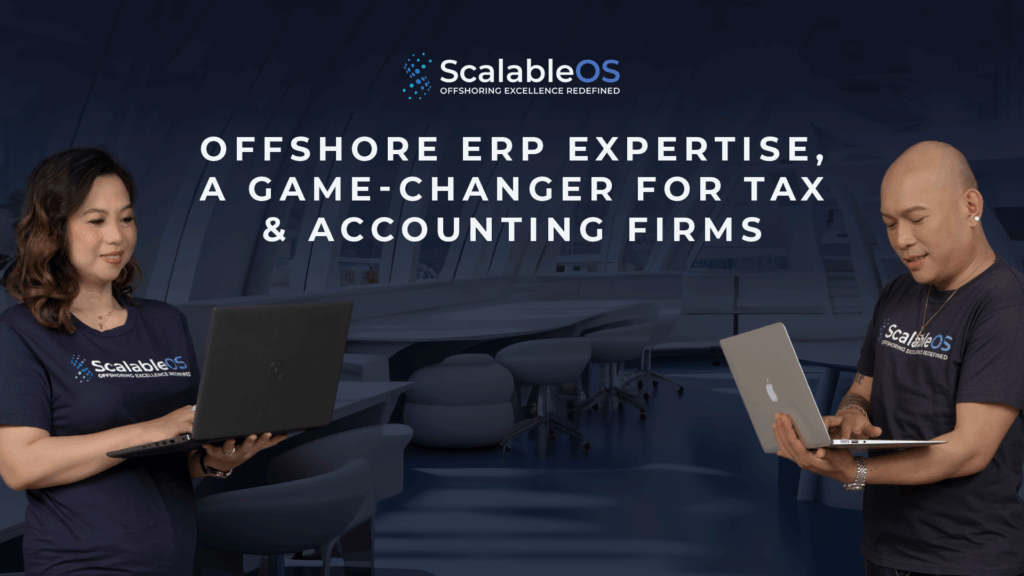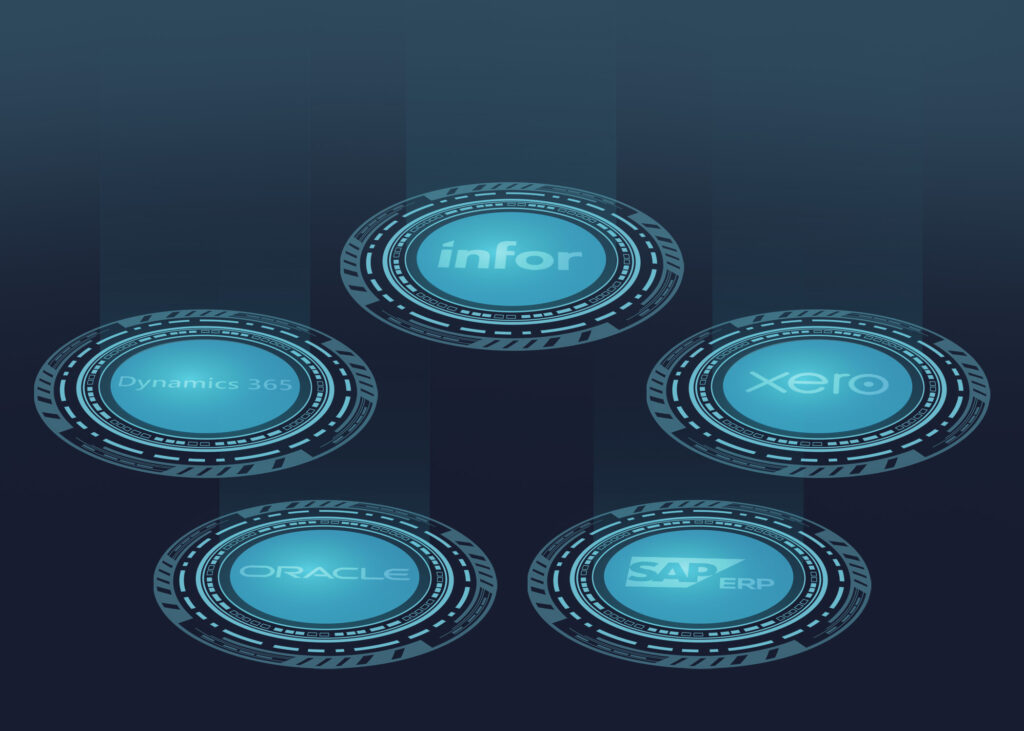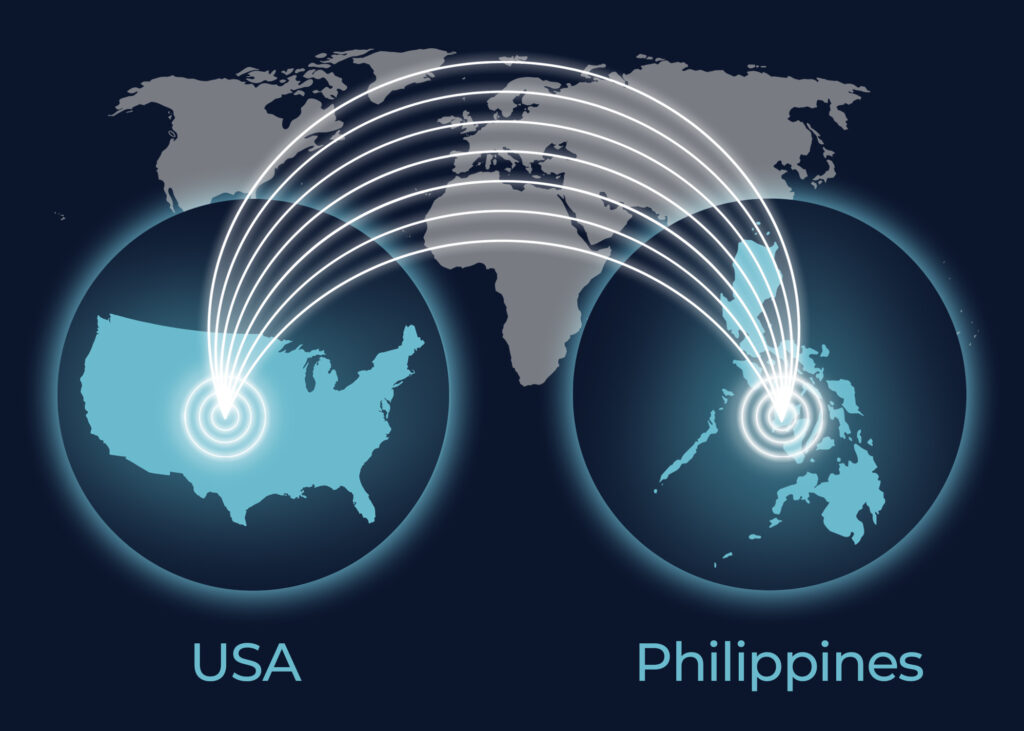In today’s fast-evolving financial landscape, tax and accounting firms are under immense pressure to not only keep up with regulatory changes but also deliver faster, smarter, and more strategic services through ERP expertise. While traditionally associated with manufacturing and supply chain operations, ERP systems are increasingly becoming indispensable to tax and accounting professionals.
Here’s why ERP expertise is no longer optional—it’s a game-changer.
Streamlined Financial Operations
At its core, ERP consolidates multiple business functions into one unified system. For accounting professionals, this means real-time access to general ledger, accounts payable/receivable, payroll, and fixed assets without toggling between platforms.
With ERP software like Oracle NetSuite or SAP Business One, accounting firms can drastically reduce data silos and duplicate entries, improving operational efficiency and accuracy.
Real-Time Compliance and Reporting
Tax season doesn’t need to be chaotic. ERP systems with built-in compliance features enable firms to generate tax reports, maintain audit trails, and adhere to constantly changing local, national, and international tax laws with greater confidence.
For example, Sage Intacct provides automated tax configurations and audit-ready financials that reduce compliance risks and streamline external reporting.
Improved Client Advisory Services (CAS)
Modern ERP systems go beyond back-office tasks—they deliver powerful analytics and forecasting tools. With ERP, firms can provide clients with deep insights into financial performance, cash flow trends, and strategic planning.
By leveraging ERP dashboards and customizable KPIs, tax advisors can pivot toward a more consultative role, offering real-time insights that drive client value—something explored in depth by CPA Practice Advisor.
Scalability for Growing Client Demands
Whether a firm is managing 10 clients or 1,000, ERP platforms are built to scale. Cloud-based systems like Microsoft Dynamics 365 offer modular solutions that grow with your firm, eliminating the need for disruptive software changes as business scales.
This flexibility also benefits multi-location firms, enabling standardized processes and centralized oversight across regional or international branches.
Enhanced Data Security and Audit Trails
In an industry where data integrity is non-negotiable, ERP systems shine with robust role-based access controls, automated backups, and encryption. Many ERP solutions are SOC 1 & SOC 2 compliant, meeting high standards for data privacy and system reliability.
Additionally, ERP-generated audit trails simplify forensic reviews and help mitigate fraud risks—an invaluable benefit during tax audits or financial investigations.
Automation of Time-Consuming Tasks
Manual journal entries, reconciliations, and invoice processing are productivity killers. ERP systems automate these tedious tasks, freeing up your staff to focus on higher-value client services. According to a Deloitte report, automation can reduce financial closing time by up to 50%.
Automation also minimizes human error, reduces processing time, and enhances billing efficiency.
The Growing ERP Talent Shortage in the United States: A Serious Bottleneck for Firms
For tax and accounting firms aiming to scale, modernize, and deliver enhanced value to clients, the U.S. market faces a significant challenge: a shortage of ERP experts to meet the escalating demand.
Forbes also highlighted that the most significant tech talent gap exists within the SAP ecosystem, a leading ERP platform. The impending 2027 deadline for migrating legacy ERP systems to SAP S/4HANA has intensified the demand for skilled professionals, exacerbating the existing talent shortage.
Here’s why firms are feeling the pressure:
Intensified Competition Across Industries: The rapid pace of digital transformation has heightened the need for ERP professionals across various sectors, including finance, manufacturing, and healthcare.
Severe Skills Mismatch: Modern ERP implementations require a blend of technical expertise and business acumen. However, many graduates lack this combination, leading to a skills gap.
Rising Labor Costs: Smaller firms are finding it increasingly difficult to compete with larger organizations offering substantial compensation packages to the limited pool of experienced ERP specialists.
Aging Workforce: Many seasoned ERP experts are nearing retirement, with few replacements ready to fill their roles. The U.S. Bureau of Labor Statistics notes that the percentage of people aged 55 and over in the workforce has doubled in the last 20 years, a trend projected to continue.
Offshoring to the Philippines is the Strategic Solution
Rather than compete endlessly for limited resources at home, smart U.S. firms are turning to a more sustainable and scalable solution: offshoring ERP expertise to the Philippines.
Key Indicators of the Philippines’ ERP Excellence
A Robust IT-BPM Ecosystem
The Philippine IT and Business Process Management (IT-BPM) sector is projected to hit $38 billion in revenue by 2024, employing around 1.82 million skilled workers (Manila Standard, Inquirer.net). This booming industry includes highly specialized ERP consulting, implementation, and support services.
Exceptional English Proficiency
Ranked 20th globally in English proficiency (KDCI), communication barriers are virtually non-existent, making collaboration with offshore teams seamless and efficient.
Strong Educational Pipeline
With approximately 350,000 college graduates annually, many specializing in IT, finance, and business systems (KDCI, satoden.io), the Philippines ensures a continuous inflow of fresh, trainable ERP talent.
Growing ERP Market
The local ERP market is projected to grow at a 12% CAGR from 2022 to 2028, reflecting increased sophistication and demand for ERP expertise across industries (Inkwood Research).
Why ScalableOS Is the Right Offshore Partner for Your ERP Needs
At ScalableOS, we don’t just provide offshore talent — we provide strategic extension of your firm’s capabilities.
Here’s what sets ScalableOS apart:
• Certified Data Security You Can Trust
ScalableOS is SOC 2 certified, ensuring your firm’s sensitive financial data is handled with the highest levels of security, confidentiality, and regulatory compliance.
•ERP-Specialized Recruitment Team
Our expert technical recruiters quickly connect you with top ERP professionals skilled in NetSuite, SAP, Oracle, Microsoft Dynamics, and more—so you get the right talent exactly when you need it.
• Seamless Collaboration Across Time Zones
With flexible work hours overlapping with U.S. time zones, we ensure that communication, deadlines, and deliverables move swiftly and smoothly.
• Cost-Effective without Compromise
Lower operational costs compared to U.S. hiring, without sacrificing talent quality or service excellence.
ERP is No Longer Just “Nice-to-Have”
For tax and accounting firms looking to stay competitive, ERP expertise is not just beneficial—it’s critical. It enhances service delivery, boosts operational efficiency, and unlocks strategic growth opportunities. Whether you’re serving startups or multinational corporations, having ERP-savvy professionals on your team equips your firm to provide superior financial insight and agile service in a tech-driven world.
So if you’re an accounting firm still juggling spreadsheets and legacy software, now’s the time to level up. ERP isn’t just for enterprise giants—it’s the future of accounting.
Contact us today to learn how we can help you build your offshore ERP team.





